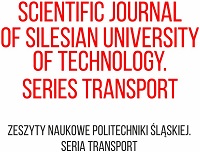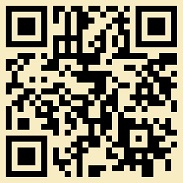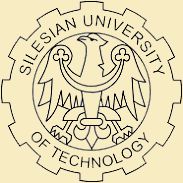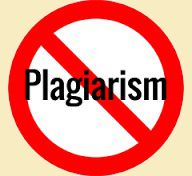



Policy
All the discovered cases of academic misconduct such as plagiarism, data falsification, double publication will be proceeded for the explanation and may result in paper withdrawal and sending the notification to all the interested institutions and organizations.
In order to avoid certain authorship issues, Authors are requested to provide the brief information on all the contributors to the paper during the submission of manuscript.
The editors try to avoid autocitations of article authors and the journal autocitations.

Policy to protect against phenomena of "ghostwriting" and "guest authorship"
To prevent any misconduct in science (ghostwriting, guest authorship), the editorial board has introduced appropriate procedures. Ghostwriting is when someone has made a substantial contribution to the article, but neither their part as one of the authors has been disclosed, nor mentioned in the acknowledgments of the publication. Guest authorship is when the named author’s contribution is negligible or even non-existent, even though their name is listed as an author or co-author.
Editors will explain the concept of ghostwriting and guest authorship, as manifestations of scientific misconduct to authors, and any detected cases of these types of action on the part of the authors will be revealed, including the notification of the appropriate entities.
Editors will require any contributions from authors in the creation of the article (with their affiliation and information about who the author of the concept is, objectives, research etc.). The primary responsibility will be borne by the person submitting the article. In the case of any absence of information about unequal contributions on the part of the authors, it will be assumed that the share is equal.
Editors will obtain information about the sources of publication funding, contributions from research institutions and other entities (financial disclosure). The primary responsibility will be borne by the person submitting the article.
Editors will document all forms of scientific misconduct, especially breaking the rules of conduct that is obligatory in science.

Policy of screening for plagiarism
The journal has a policy of screening for plagiarism. The authors must only present for publication their own original articles, which have not been published previously as a whole or in significant parts of any other copyrighted content. The authors guarantee that any article submitted for review has not also been submitted for publication in another journal, collective work etc. The degree of originality article that authors are obliged to inform the editorial board about are in the appropriate statement. Authors must indicate (cite) publications that have been used in the creation of the article.
Responsibility for the use of photographs and drawings in the sent materials of articles rests with the authors.
Editors indicate that all detected cases of unethical behaviour will be unmasked, including notification of the relevant actors (institutions employing the authors, learned societies, associations, scientific editors etc.).
Editors document any manifestations of scientific misconduct.
Crossref similarity check powered by IThenticate plagiarism checker system was implemented in the journal.

Policy of ethical principles
The journal has a policy of ethical principles based on Code of conduct and best practice guidelines edited by Committee on Publication Ethics (COPE), including inter alia principles of:
- fair play,
- confidentiality,
- preventing conflicts of interests on the part of editorial board members,
- reviewers participating in the work of the editorial board,
- timeliness,
- preventing conflicts of interest on the part of reviewers,
- reliability of sources,
- preventing conflicts of interest on the part of authors,
- fair presentation of research reports,
- originality of work,
- fairness sources,
- errors in the published work.

Policy of copyright and self-archiving
Publisher copyright policies and self-archiving are defined as "green colour" in SHERPA/RoMEO (can archive pre-print and post-print or publisher's version/PDF).
Articles are licensed under a Creative Commons Attribution 4.0 International License (CC BY 4.0).
The full texts of the articles of the journal are freely available on the journal’s website.
Users are allowed to read, download, copy, distribute, print, search or link to the full texts of the articles in this journal without asking prior permission from the publisher or the author. This is in accordance with the BOAI definition of open access.
The journal allows the authors to hold the copyright without restrictions.
The journal will allow the authors to retain publishing rights without restrictions.

Waiver policy
The journal is published as open access.
No charge will be levied on an author in order to process or publish a paper.
The full texts of the articles of the journal are freely available on the journal’s website.
